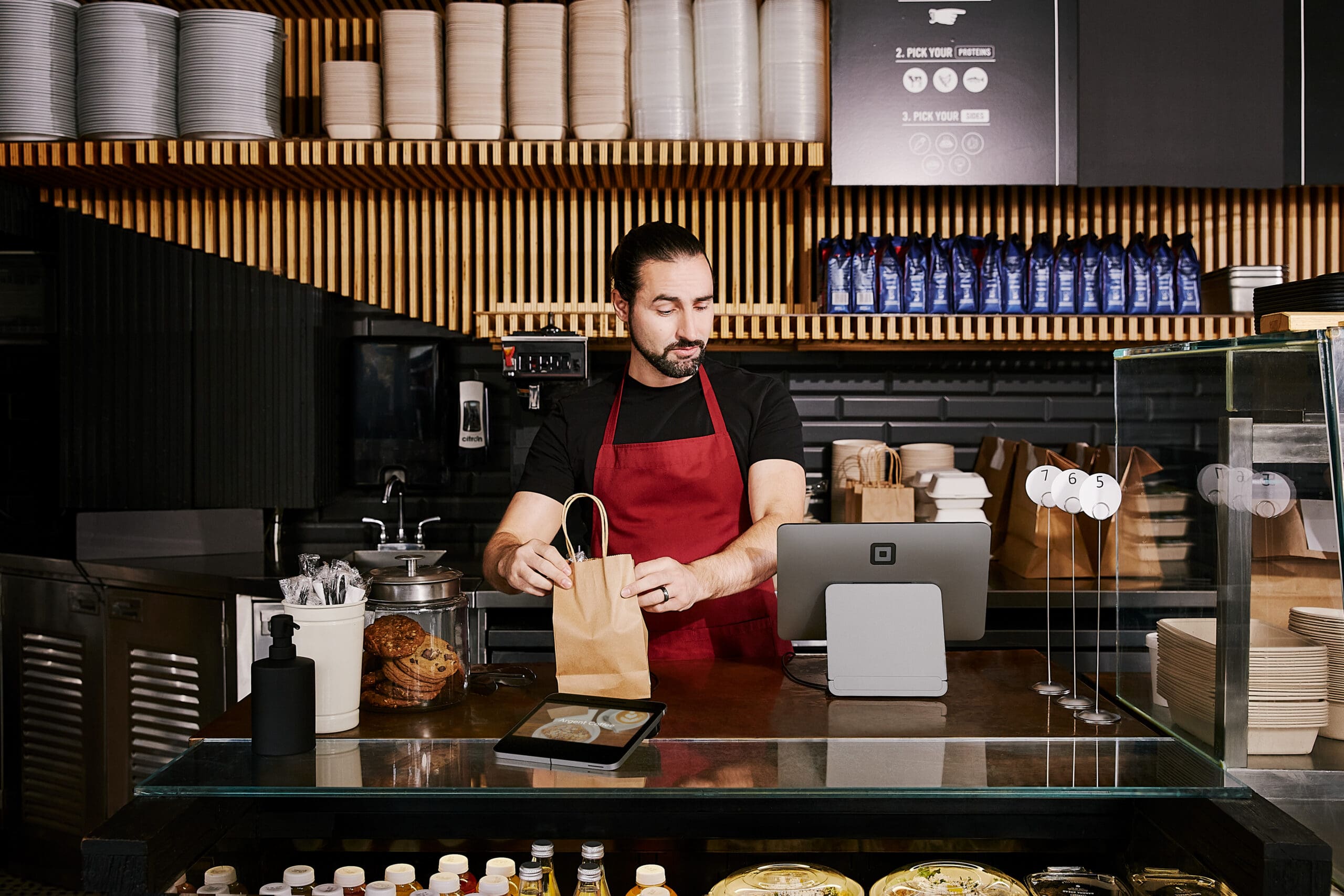The average price of a latte has soared to $5.19 in Canada, according to new data from technology company Square. As daily drinkers, we jumped at the chance to chat with Ara Kharazian, research and data lead at Square, about national and regional coffee trends. —Noa Nichol
Can you elaborate on the overall growth of coffee drink sales in Canada over the past few years?
Coffee culture is alive and well in Canada – Square transaction data shows that Canada’s coffee business remains healthy. We’ve seen a 40% increase in coffee drink sales and a 28% increase in coffee shops using the Square platform at the end of 2023 compared to the previous year, which means that local coffee shops and cafe chains across the country are continuing to thrive.
With the average price of a latte reaching $5.19 in Canada, what factors have contributed to this increase in cost?
Inflation is certainly one of the factors driving up the cost of a latte in Canada, which increased roughly 5% over the past year. The good news for consumers is that a standard cup of coffee is still a relative bargain – at $2.95 nationally – only 1.5% higher than the year before and below the overall inflation rate. Coffee prices, in general, soared to record highs in 2022 and into 2023. It’s a trend we’re seeing not just in Canada but around the world. Part of that is due to extreme weather in top-producing countries like Indonesia and Vietnam, which has reduced harvests and spurred fears over shortages. The second reason is an increase in business operating costs, particularly labor. We’ve observed a surge in labor demand for food-service workers over the last few years, increasing wages such that the average food-service worker, including coffee shop employees, now earns more than $17.20 per hour. That’s going to be reflected in the price as well.
Can you identify the most expensive region in Canada to order a coffee?
Based on Square data, we found that a cup of coffee was most expensive in BC, Manitoba and Saskatchewan while, on the specialty coffee side, the price of a latte is highest in the Yukon, Ontario, New Brunswick and BC.
How do the wages of food and beverage industry workers, particularly in the coffee sector, compare to other sectors in Canada? What implications does this have for the industry?
Using data from Square Shifts, which businesses use to manage employee schedules and timecards, we found the average food and beverage worker now earns more than $17.20 an hour, that’s up 4.5% from $16.46 the year prior. To put that in perspective, the overall inflation rate was about 2.7% over the same period. This is generally good news in a healthy labor market because it means that food and beverage employees’ earnings are keeping pace with inflation, even slightly outpacing inflation, increasing the purchasing power of worker earnings.
In what ways have local coffee shops and cafes adapted to weather the uncertainties of the economy?
Square sellers in Canada such as restaurants and coffee shops, who use our tools and services to help start and grow their operations, tell us that being creative and diversifying their offerings like introducing new menu items, selling great-looking retail products and connecting with their customers through special events help them continue to grow. Another important factor is using technology to manage volatile customer demand, like equipping staff with handheld devices to handle a busy crowd during peak times. Conversely, things like automated marketing, loyalty programs and gift cards can really help drive repeat visits and increase traffic during slow periods.
The popularity of oat milk seems to be on the rise. Could you discuss the extent of this trend and its impact on the coffee industry in Canada?
Oat milk is definitely Canada’s non-dairy favourite, far outpacing soy and almond milk – although roughly two-thirds of coffee lovers still choose whole milk over all options.
How do tech tools, such as those provided by Square, help Canadian businesses in the food and beverage sector navigate challenges and succeed in today’s market?
When businesses grow, we grow. At Square, we’re always focused on helping businesses better manage their operations with our ecosystem of software, hardware, and financial products – from small coffee shops to larger, more complex businesses like multi-location restaurants and retailers. These tools are all designed to take the complexity out of commerce to save time and help businesses sell however and wherever works best for them. Ultimately, we want sellers to see us as a trustworthy partner for their needs.
What’s YOUR go-to coffee order?
Armenian coffee.

Be the first to comment